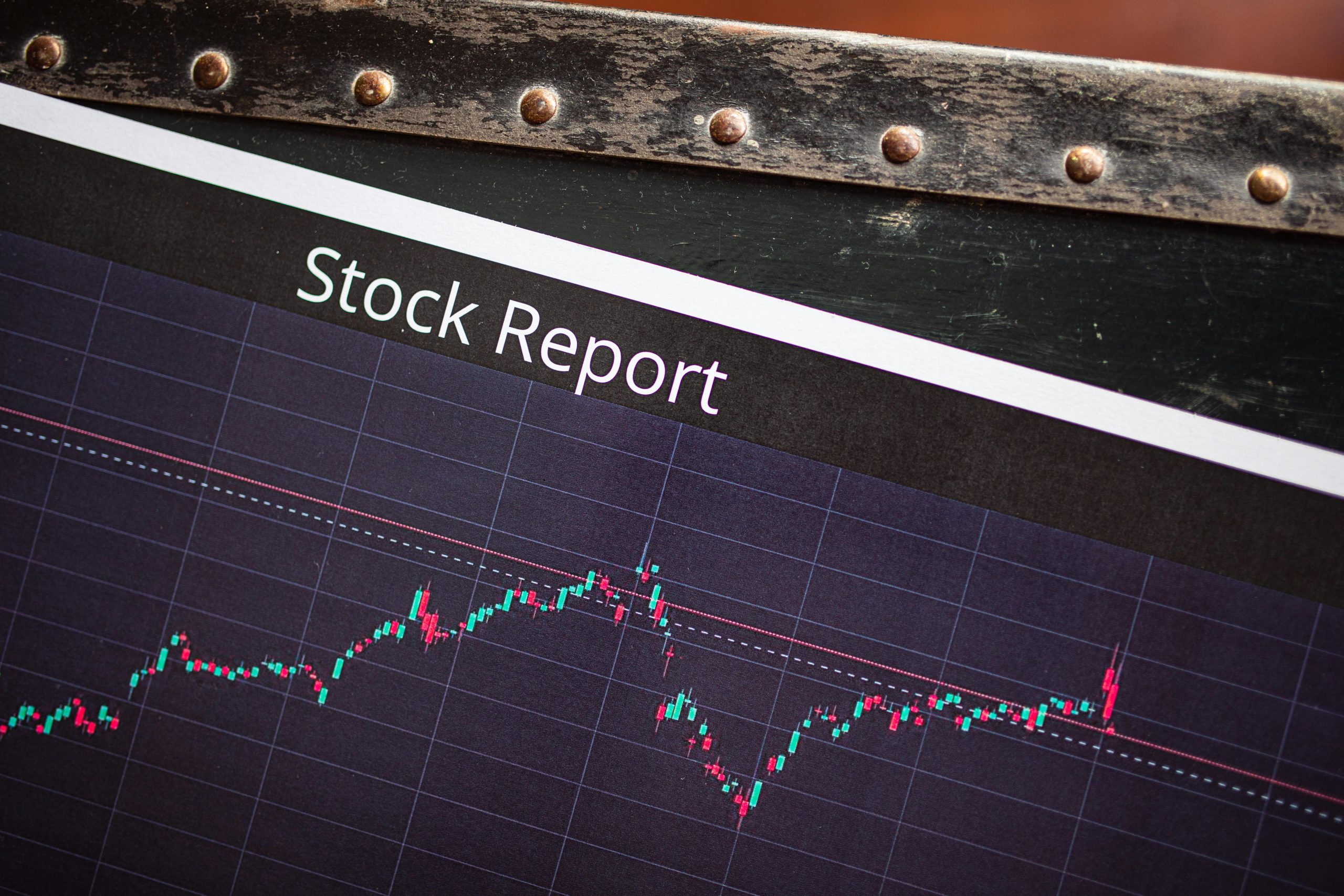The Importance of Diversifying Beyond the Stock Market Itself
When it comes to investing, the stock market is often the first thing that comes to mind. With its ups and downs, potential for big gains, and high-profile news coverage, it’s no wonder that many people are drawn to investing in stocks. However, in order to truly maximize your investment potential and minimize risk, it’s important to look beyond the stock market itself and diversify your portfolio. In this article, we’ll explore the importance of diversifying beyond the stock market and discuss the various options that are available.
The Risks of Solely Investing in the Stock Market
Before diving into the importance of diversification, it’s important to understand the risks involved in solely investing in the stock market. While investing in stocks can yield high returns, it also comes with a high level of volatility and risk. This means that your portfolio can experience significant losses during market downturns, which can have a huge impact on your overall wealth.
Moreover, investing solely in the stock market means that your portfolio is entirely dependent on the performance of the stock market. If there is a major economic crisis or a prolonged period of market downturn, your entire portfolio could suffer significant losses. This lack of diversification can leave you vulnerable and potentially result in a major hit to your finances.
The Benefits of Diversification
Now, let’s dive into the benefits of diversifying your investments beyond the stock market. The main advantage of diversification is that it helps to mitigate risk. By spreading your money across different investment options, you are not putting all your eggs in one basket. This means that if one investment performs poorly, you have others that can balance out the losses.
Diversifying also allows you to tap into different industries and asset classes, which have varying levels of risk and returns. For example, you can invest in real estate, commodities, bonds, and other alternative investments in addition to stocks. This helps to create a well-balanced portfolio that can provide both stability and potential for growth.
Diversifying Your Portfolio: Beyond the Stock Market
So, what are some of the options available for diversifying your portfolio beyond the stock market?
1. Real Estate
Real estate is a popular alternative investment option that can provide steady sources of income and long-term appreciation. You can invest in residential or commercial properties, or even real estate investment trusts (REITs) which pool together funds from investors to purchase and manage various properties.
2. Commodities
Commodities, such as gold, oil, and agricultural products, have long been considered a safe haven for investors during times of economic uncertainty. By diversifying into commodities, you can help protect your portfolio from the volatility of the stock market.
3. Bonds
Bonds are a type of fixed-income investment that involve loaning money to a government or corporation and receiving a set interest rate in return. They are generally considered less risky than stocks and can provide a steady stream of income for investors.
4. Alternative Investments
There are a multitude of alternative investments available that can help diversify your portfolio beyond the stock market. These may include investing in startups, peer-to-peer lending, and even fine art. These options often have a higher level of risk, but also have the potential for higher returns.
In Conclusion
Diversifying your portfolio beyond the stock market is essential for reducing risk and maximizing your investment potential. By spreading your funds across different asset classes, you can create a well-balanced portfolio that is not solely reliant on the ups and downs of the stock market. So, before you invest all your money in stocks, consider diversifying your investments to help protect your wealth and achieve your financial goals.










